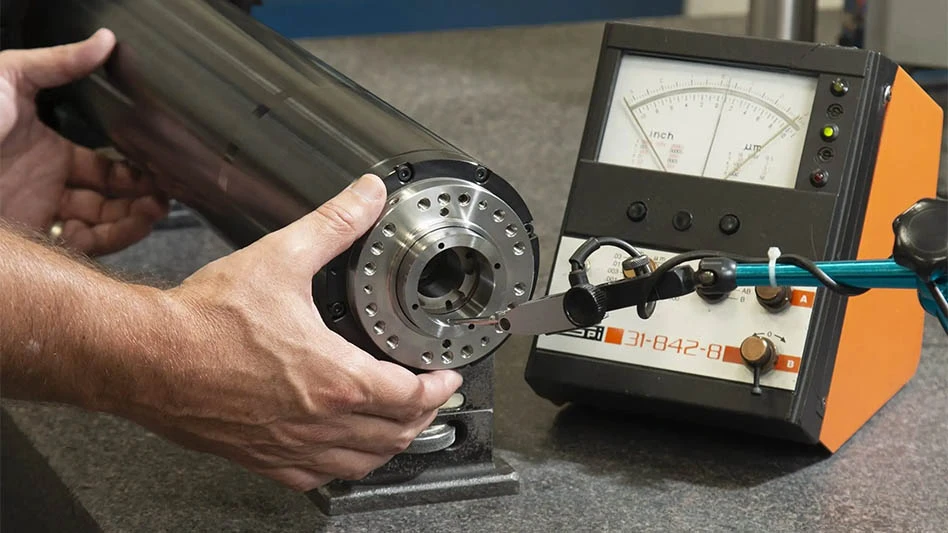
Building a new aircraft is a herculean task that takes years of intense effort and intricate development. The integration of complex mechatronics, multi-physical and control systems in the aircraft design as well as the actual manufacturing process is quite a formidable undertaking. Before a new aircraft is finally pronounced airworthy and ready for commercial production, it has undergone a myriad of vigorous certification tests at all levels in the manufacturing chain.
Ground-breaking virtual test benches
In order to perform all these different tests, actual physical test benches are indispensable. The particular challenge for a test rig is to replicate the extreme conditions that aircraft must to be able to withstand as well as create a specific test set-up in which the material, component or assembly in question can be put through these exceptional circumstances.
A specialist in the design and production of test rigs is the Paris-based company CERTIA. Founded in 1987, CERTIA is a test bench supplier for the aeronautical and automotive industries and counts Airbus France, the Safran Group, Air France Industries, PSA Peugeot Citroën and Renault among its customers. In recent years, CERTIA has started using the LMS Imagine.Lab AMESim platform to assist engineers in test rig development. The platform helps developers choose the appropriate components to make sure the test bench functions properly.
“In the past, we had many problems with our test benches: what was especially difficult was to reproduce aeronautical loads and make sure that the test rigs would reach the projected performance. Because of these difficulties, it was clear that our test bench concept needed to change,” comments Achour Debiane, head of the automation department at CERTIA.
Simulation innovation
CERTIA opted for the LMS Imagine.Lab AMESim platform because of its multi-physical simulation capabilities and in particular for its hydraulic solutions. Using LMS Imagine.Lab has proven especially valuable in the early stages of the design process.
“During the feasibility studies of hydraulic systems, LMSImagine.Lab has saved us a lot of time and programming effort since it is no longer necessary to work on time-consuming equations. In the aeronautical field, planning cycles are very short and since we are a supplier for a large organization, it is very important for us to do the feasibility studies as quickly as possible,” states Mr. Debiane.
Besides shorter design cycles, another benefit of using 1D modeling in the concept phase is that it helps optimize the behavior and dynamic characteristics of the various test rig components. The simulation results are vital for the mechanical integration of the test rig and help validate the design by virtually verifying the stiffness, inertia and masses of the test bench. Very early in the development cycle, simulation determines the test rig viability and eliminates the need to change mechanical parts in the final stages.
Anticipating the future
“Having a virtual platform has become an absolute necessity. We have to be ready and anticipate requests from customers like Airbus to do testing in a common virtual environment –suppliers will need to be able to interface with OEMs. This will be the way of working in the future,” asserts Mr. Debiane.
LMS has launched CERTIA into the world of simulation innovation and helps prepare the company for the virtual design of intelligent test rigs. Mechatronics engineering and intelligent system simulation are sweeping the aeronautical industry and in this virtual revolution, test bench design cannot stay behind.
Latest from Aerospace Manufacturing and Design
- AviLease orders up to 30 Boeing 737 MAX jets
- 256-piece general maintenance tool kit
- JetZero all-wing airplane demonstrator achieves milestones
- Cermet indexable inserts for medium turning operations
- Trelleborg acquires Aero-Plastics
- Industrial automation products, enclosed encoders
- #61 - Manufacturing Matters: CMMC roll out: When do I need to comply?
- AIX shows aircraft interiors are a strategic priority for global airlines





